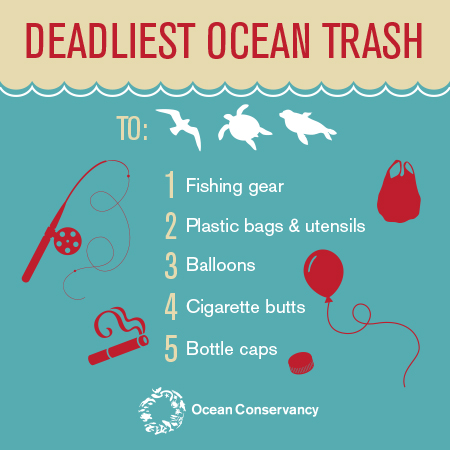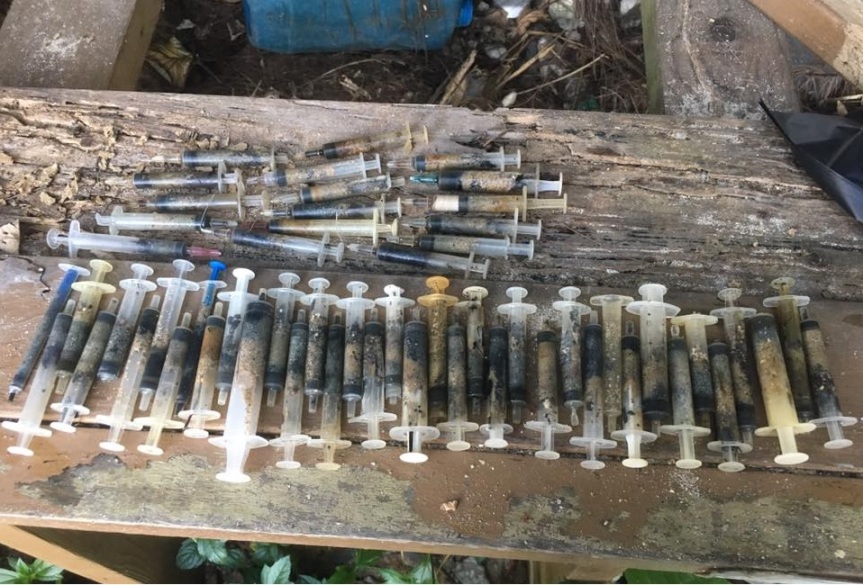Straws. Plastic bags. Single-use plastics. Microplastics.
Just to list a few buzz words that I have been reading in the news lately. Since the beginning of 2018, I felt like we have been inundated with information about the negative impacts of plastics in the oceans, and the call for more action to battle against plastics. Here’s a few examples:
- The Independent (18 April 2018) – Why is plastic bad for the environment and how much is in the oceans?
- Chemical & Engineering News (16 April 2018) – Fighting marine plastics at the source
- The Guardian (15 April 2018) – ‘Plastic is literally everywhere’: the epidemic attaching Australia’ oceans
- Smithsonian.com (12 April 2018) – Dead sperm whale had 64 pounds of trash in its digestive system
- WHYY (7 April 2018) – Documentary ‘Albatross’ shows how our obsession with plastic is killing this bird

In general, the various media have raised huge awareness about our (careless) usage of plastics. In Singapore, there has been several ground-up initiatives to reduce the usage of plastics in our daily lives. Seastainable.co, a locally-based social enterprise run by a passionate youth, hopes to change people’s mind on using plastic straws by encouraging straw-users to buy reusable metal straws! So Seatainable.co sells metal straws, and Sam uses almost no plastics when selling these items. Only using recyclable materials i.e., used
Other efforts also include campaigns to “Say No to Plastic Straws” in schools (i.e. Plastic-Lite Singapore working with the Regent Secondary, Nan Chiau High, Pei Hwa Secondary and Nan Chiau Primary schools to go straw-free on Tuesdays) and food courts (i.e. SMU Koufu is the first food court in Singapore to stop serving plastic straws). Yesterday, I also learnt that a group of students from the School of Science and Technology (SST) had also began their own campaign against plastic straws! 🙂

As more people become aware about these issues, there are also more people who want to step up to do their part for the environment. This is very heartening, and as an environmentalist/marine biologist, I welcome this wave of change. At the same time, something else worried me. On my FaceBook feed earlier, an article popped up: “In Pictures: Environmentalist seeks medical attention after collecting dozens of syringes washed up on Lamma beach“.

While considered uncommon, syringes have been reported as one type of marine trash. I found two reports on this not-so-unusual find that shocked public members:
- HKFP (2 June 2017) – Resident finds 73 medical syringes at Discovery Bay beach in a single day
- The Straits Times (3 June 2011) – Used syringes: Over 30 found in swamps (Article reproduced by ICCS Singapore)
As much as we want to do our part for the oceans, let us not forget about our own healthy and safety. Having just been audited in my university for my lab’s safety documentation and policy (as well as being appointed as the Dive Safety Coordinator in my institute!), I am acutely aware of the importance of highlighting risk assessments and safety guidelines – regardless of the type of activities you do!

Such incidents are PREVENTABLE! In fact, a quick search online provided me with useful guidelines on how to carry out beach clean-ups safely and smoothly (see the list of organisations at the end of post). Syringes are just one example, but they are also numerous other marine trash that are simply too heavy or dangerous for removal. In fact, some of them may even sound weird!
For those interested to carry out your own beach clean-ups, here’s 10 good tips that I had gleaned from these guidelines.
- Bring water, insect repellent, first aid kit, and sun/rain gear.
- Be appropriately attired – long sleeves and pants, where possible.
- Wear sturdy, covered shoes with good grip. No slippers or sandals.
- Always use gloves to pick up things.
- Look, Assess, and Act – Be aware of what you are touching.
- Do not pick up natural items (such as driftwood, sticks, shells, seaweed, dead animals, etc…).
- Do not disturb wildlife!
- Do not lift anything too heavy! Take care of your backs.
- In the event you are uncertain if a debris should be removed, consult the Trip Leader for advice.
- Be aware of the tides and water levels.
Remember: Be safe and take care of one self! Also, not forgetting to have a good time. 🙂
Comprehensive online guidelines for beach clean-ups:

